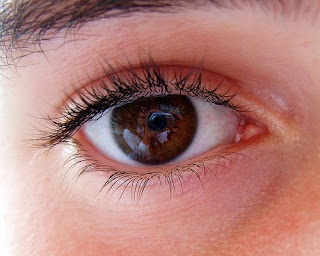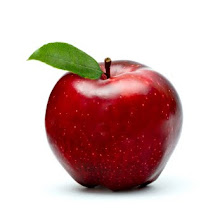Half of teens send 50 or more text messages a day, according to a new study by the Pew Internet & American Life Project, which found that teens are texting much more frequently now than they were in the past.
"Text messaging has become the primary way that teens reach their friends, surpassing face-to-face contact, email, instant messaging and voice calling as the go-to daily communication tool for this age group. However, voice calling is still the preferred mode for reaching parents for most teens," Pew says.
Teenagers have embraced text messaging as their main form of communication, but mobile phones are often a source of tension with parents and schools, a new survey found.
The frequency with which teens text has overtaken every other form of interaction, including instant messaging and talking face-to-face, according to a study scheduled for released Tuesday by researchers at Pew Research Center and the University of Michigan.
Three-quarters of teens now own cell phones, up from 45 percent in 2004. Of those who own cell phones, 88 percent text, up from just over half in 2006.
At the same time, cell phones and teens' attachment to them are a source of conflict with parents and schools. Many parents limit cell phone use and 48 percent said they use it to monitor their kids' whereabouts - either by using GPS technology or calling the child to check in. Not surprisingly, the parents of girls aged 12 and 13 were more likely to say they monitor cell phone use.
The limits did seem to have tangible benefits. Teens were less likely to report regretting a text they sent, or having sent sexual content by text message, if their parents placed limits on text messaging. They were also less likely to us their cell phones dangerously while driving.
Schools, the survey found, often ban cell phones from classrooms, and some from school grounds entirely, seeing them as a "disruptive force." Still, more than half of teens who own mobile phones said they have sent a text message during class, even though their school bans mobile phones.
Despite all the media attention to "sexting," only 4 percent of teens said they have sent sexually suggestive nude or nearly nude images of themselves to someone else via a text message. Teens who pay their own cell phone bills were more likely to send "sexts" than those whose parents pay for all or part of their bill.
The survey of 800 teenagers aged 12 to 17 and their parents was conducted on landlines and cell phones from June to September 2009. It was conducted by the Pew Internet and American Life Project and the University of Michigan's Department of Communication Studies.

Among other findings in the study:
- Parents of 12- and 13-year-old girls are more likely to report the "most monitoring behavior," and "limiting a child's text messaging does relate to lower levels of various texting behaviors among teens," Pew said. "These teens are less likely to report regretting a text they sent, or to report sending sexually suggestive nude or nearly nude images by text," also known as "sexting."
- 54 percent of text-message using teens "have received spam or other unwanted texts," and 26 percent say they have been "bullied or harassed through text messages and phone calls."
- 24 percent of teens attend schools that ban cell phones from school grounds, but 65 percent of teens with cell phones still bring them to school, and 58 percent say they have sent a text message during class.
- 43 percent of all teens who take their phones to school say they "text in class at least once a day or more."
- 48 percent of parents use their child's phone to monitor their location.
- 69 percent of cell-owning teens "say their phone helps them entertain themselves when they are bored."
- 83 percent use their phones to take photos; 64 percent share photos with others using their phones; 60 percent play music, 46 percent play games and 32 percent exchange videos with their mobiles.
- 27 percent go online using their phones, 23 percent access social networking sites like Facebook and MySpace on their mobiles; 21 percent use e-mail and 11 percent makes purchases using their cells.
The study is based on a parent-teen cell phone survey of 800 teens age 12-to-17 years-old and their parents and on nine focus groups conducted in four U.S. cities in June and October 2009 with teens between the ages of 12 and 18.
The survey was conducted by Princeton Survey Research Associates International.
SOURCES:
http://cellphones.about.com/b/2010/04/20/study-teens-really-really-love-texting.htm
http://www.physorg.com/news190959790.html
http://www.msnbc.msn.com/id/36650790/ns/technology_and_science-wireless/





























